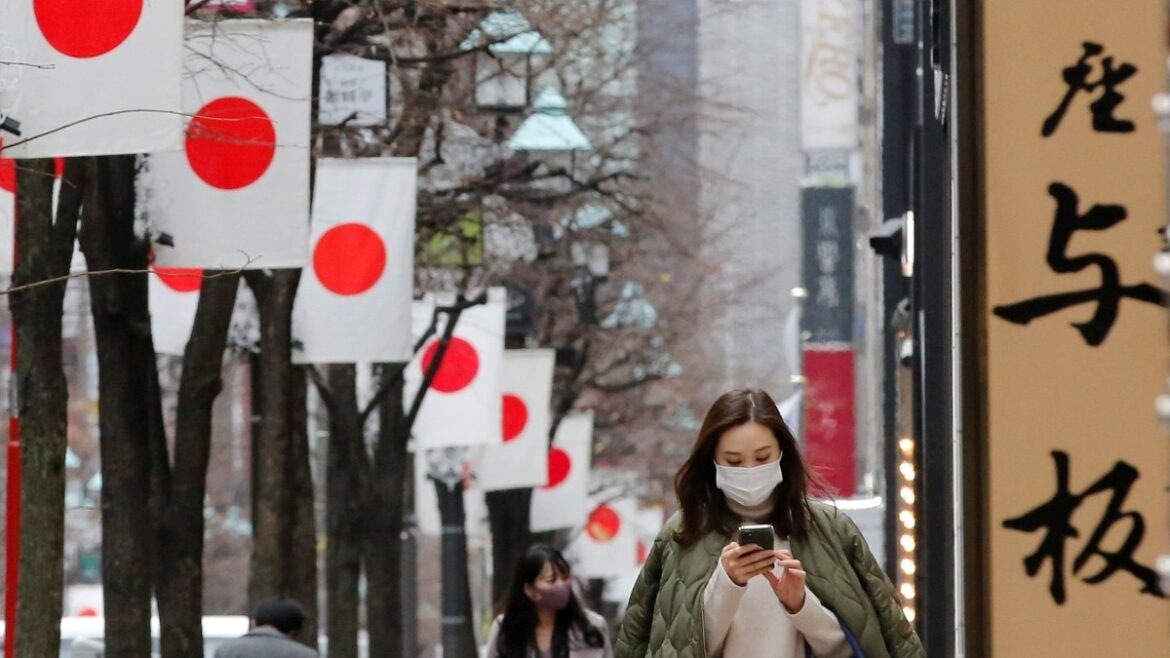The Japanese government is set to raise visa issuance fees for foreign visitors in fiscal 2026, as current fees are significantly lower than those in the United States and Europe. This marks the first increase since the Foreign Ministry began tracking visa data in 1978. Sources familiar with the matter indicate that the additional revenue will be used to combat overtourism, a growing issue that has led to overcrowding and environmental damage in Japan’s popular tourist destinations, according to Japan Today.
Currently, a single-entry visa costs 3,000 yen, while a double-entry or multiple-entry visa costs 6,000 yen. By comparison, the United States charges $185 for a business or tourist visa, while the UK asks for 127 pounds ($167) for a short-term stay. In the euro zone, a standard short-stay visa costs 90 euros ($104) for non-EU nationals.
Departure tax and visa fees under review
Japan’s international departure tax, introduced in 2019 at a flat ¥1,000 (₹575), applies to all passengers leaving the country, primarily by air. Authorities are now considering aligning this fee with “international standards,” such as Germany’s departure charges, which range from ₹1,600 to ₹7,000 depending on destination.
Visa fees are also set for an overhaul. Currently, a single-entry visa costs about ¥3,000 (₹1,725) and a multiple-entry visa about ¥6,000 (₹3,450). If adjusted to match other developed nations, such as the UK (£127 / ₹13,400) or the EU (€90 / ₹8,100) for a Schengen visa, travellers could face a sharp increase.
In addition, Japan plans to introduce the Japan Electronic System for Travel Authorisation (JESTA) by 2028, mirroring the EU’s ETIAS model. The system will apply to travellers from visa-waiver countries and is expected to carry an additional charge of around ¥6,000 (₹3,450).
This change will be included in Japan’s comprehensive economic package, which will be unveiled later this month, and will take effect in the fiscal year starting next April. In 2024, Japan saw a record-breaking 36.87 million foreign visitors, underscoring the need for measures to manage the impact of this surge in tourism.


AloJapan.com